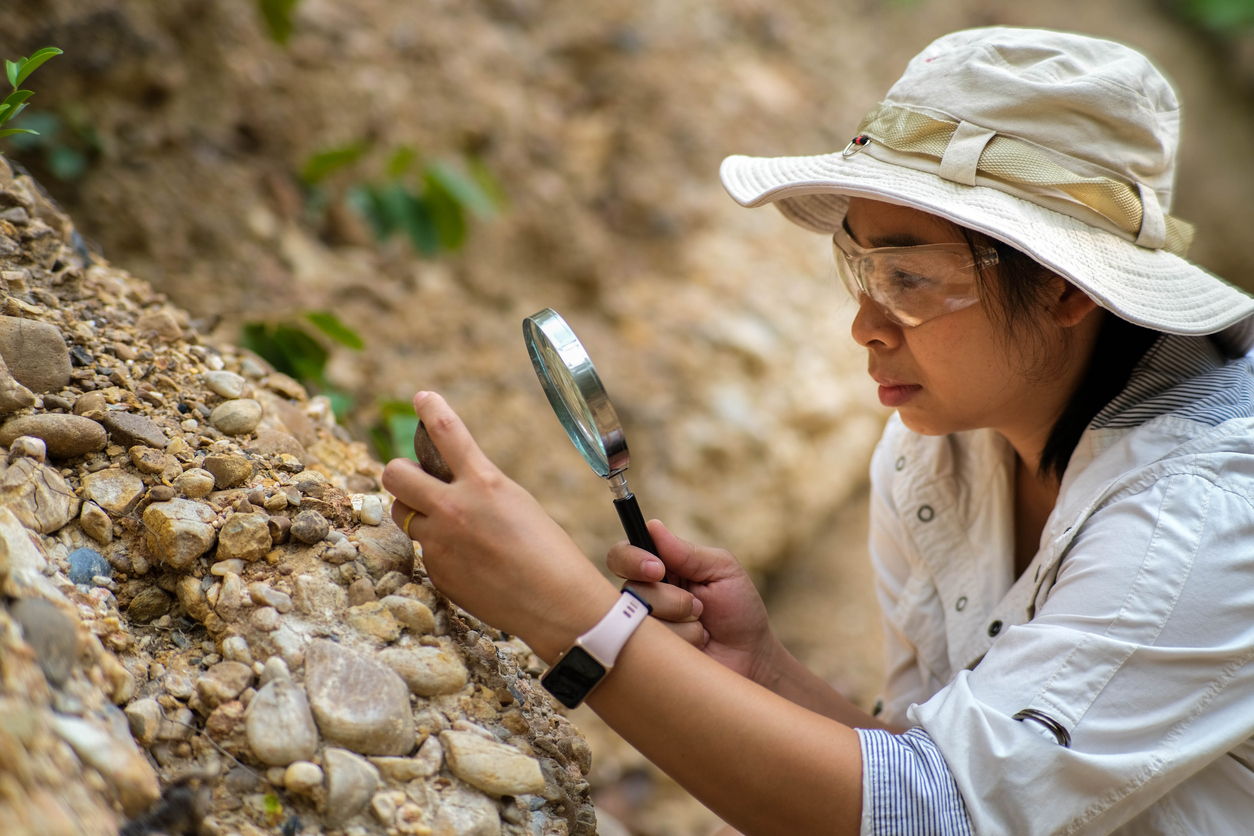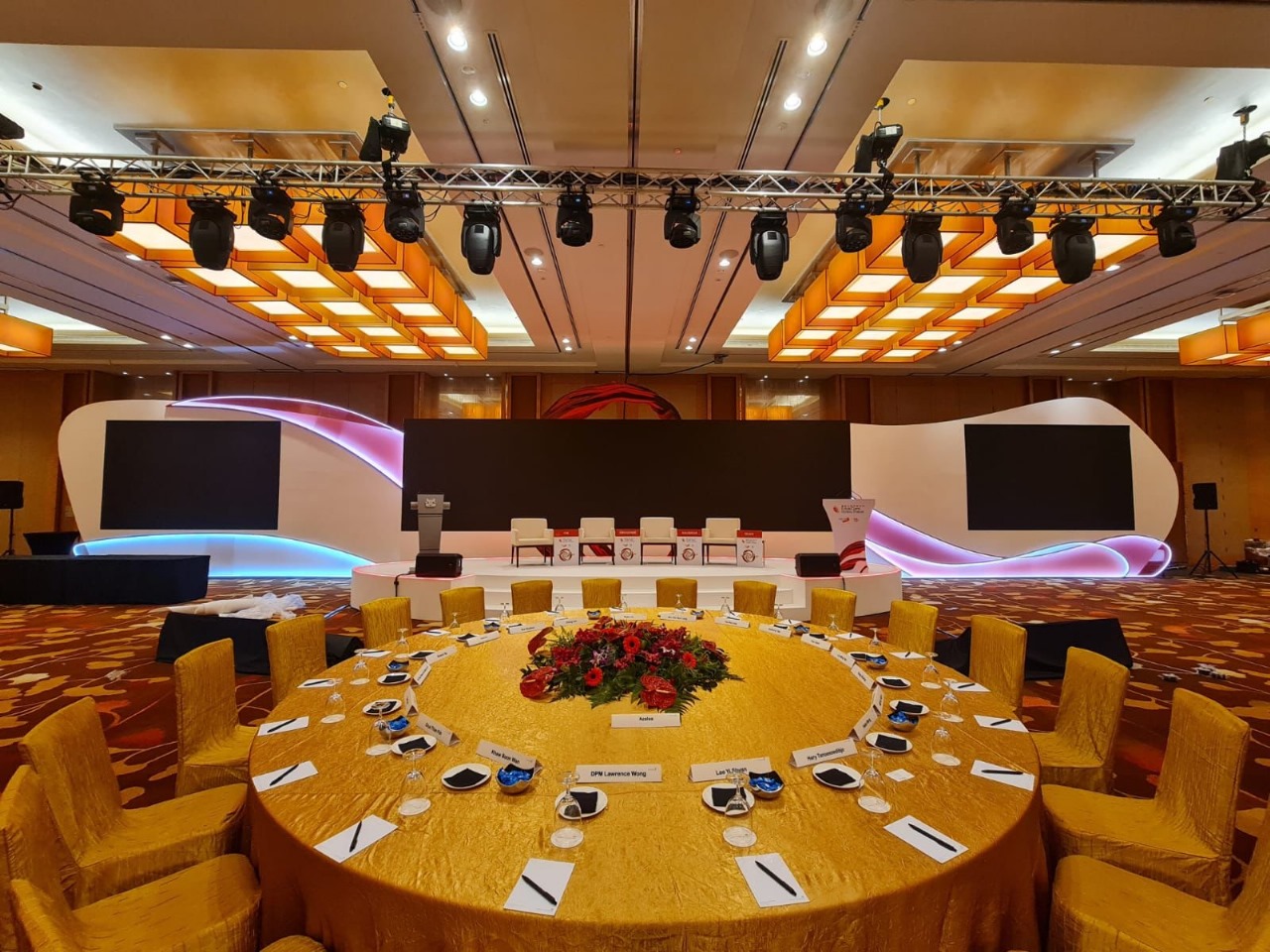When it comes to large-scale exploration, infrastructure, or energy projects, geologic consulting plays a pivotal role in determining long-term success. From identifying subsurface conditions to recommending drill sites, consultants provide the scientific backbone for major decisions. However, even the most promising projects can be derailed by preventable missteps in geologic consulting.
Despite advancements in modeling, data collection, and analysis, many projects still face delays, budget overruns, or even total failure due to consulting oversights. At GeoVision, we’ve worked across every major basin in North America, and we know one thing for sure—geologic consulting isn’t just science, it’s strategy. Below, we unpack the most common mistakes in geologic consulting that can ruin projects and how to avoid them.
1. Poor Initial Site Assessment
One of the most fundamental mistakes in geologic consulting is rushing the initial site assessment. When consultants fail to perform thorough evaluations of the geologic setting, including stratigraphy, fault zones, and hydrogeologic conditions, the consequences are often disastrous.
Skipping early-stage due diligence or relying on outdated or secondhand data can result in misinformed decision-making that cascades into larger issues down the line. A solid foundation in the early phase means fewer surprises later—especially when drilling or construction begins.
2. Ignoring Regional Geologic Context
Every project site exists within a broader geologic framework. Overlooking the regional context—such as basin-scale tectonics, sedimentation patterns, or historical seismic activity—can lead to significant blind spots. Some geologic consulting firms hyper-focus on micro-data, ignoring the “big picture” that often influences fluid migration, resource estimation, and structural integrity.
Successful consultants analyze the macro and micro simultaneously, integrating regional insights into local models. At GeoVision, our geoscientists and data scientists consistently combine wide-area intelligence with site-specific analytics to deliver clarity and context.
3. Overreliance on Technology Without Expertise
Cutting-edge software and tools like seismic interpretation platforms, modeling systems, and machine learning algorithms are revolutionizing the field. But no amount of tech can compensate for the lack of seasoned judgment.
Too often, teams place blind trust in algorithm-generated models without questioning their assumptions or accuracy. Technology in geologic consulting is only as effective as the human expertise guiding it. The failure to balance automation with interpretation frequently results in poor predictions and wasted resources.
4. Miscommunication Between Consultants and Engineers
One of the most common bottlenecks in geologic projects is the disconnect between geologists and the rest of the engineering team. Misaligned expectations, vague reporting, or jargon-heavy communication can sabotage collaboration.
Effective geologic consulting requires not only scientific insight but also the ability to translate findings into actionable steps. If drilling engineers or project managers don’t understand the geologic data—or worse, misinterpret it—the entire operation is at risk. GeoVision bridges this gap by fostering clear, concise, and collaborative communication across all departments.
5. Underestimating the Importance of Real-Time Monitoring
In fast-paced environments like horizontal drilling, static models are no longer enough. A major oversight in many geologic consulting engagements is the failure to implement real-time monitoring systems. This includes geosteering technologies, LWD (Logging While Drilling), and other telemetry tools that allow for adaptive decision-making.
Projects that rely solely on pre-drill models without live updates often experience unexpected formation issues, higher NPT (Non-Productive Time), and budget blowouts. Integrating real-time insights into operational planning has become essential in modern geologic workflows.
6. Neglecting Data Integration from Multiple Disciplines
Modern geologic consulting is inherently interdisciplinary. It pulls from geophysics, petrophysics, engineering, and data science. Projects often suffer when consultants operate in silos or fail to integrate diverse datasets into a unified interpretation.
For instance, ignoring seismic anomalies or dismissing well log discrepancies can lead to miscalculations in resource estimation or reservoir behavior. GeoVision emphasizes cross-disciplinary integration to ensure robust, multi-angle decision-making.
7. Inflexible Models and Static Thinking
Geologic systems are dynamic, and so should be your models. Unfortunately, many consultants build rigid models that don’t evolve with new data. This “set-it-and-forget-it” approach is a frequent pitfall in geologic consulting.
Successful geologic consulting firms create adaptable models that can be iterated upon as more data becomes available. When static assumptions are baked into critical phases of the project—such as drilling or completion—mistakes multiply quickly.
8. Failure to Align With Project Goals
Geologists sometimes focus so narrowly on academic accuracy that they lose sight of project objectives—such as cost, safety, or timelines. While scientific precision is important, it must always serve the larger operational goals.
At GeoVision, we customize geologic consulting solutions that balance scientific depth with business pragmatism. We understand that success isn’t measured solely in model accuracy but in project delivery, efficiency, and ROI.
9. Overlooking Environmental and Regulatory Factors
A common oversight in geologic consulting is not accounting for environmental impact assessments or regional regulatory constraints. Consultants who ignore groundwater protection zones, fault activity near population centers, or protected habitats can cause major legal and ethical headaches for clients.
Comprehensive geologic consulting requires environmental awareness and compliance alignment from day one. Ignoring these aspects can bring entire operations to a halt and damage reputations.
10. Inadequate Risk Management
Perhaps the gravest mistake is underestimating uncertainty. Whether it’s structural variability, unexpected lithologies, or overpressure zones, the subsurface is inherently unpredictable. Consultants who don’t communicate risks transparently or who overpromise on data certainty set the project up for failure.
GeoVision takes a probabilistic approach to geologic consulting, offering clients a realistic range of outcomes along with mitigation strategies. This mindset allows for better planning, fewer surprises, and stronger outcomes.
FAQs
1. What is the role of geologic consulting in energy and infrastructure projects?
Geologic consulting involves analyzing subsurface conditions to guide decision-making in exploration, drilling, construction, and environmental planning. It ensures safety, efficiency, and resource optimization.
2. How do I choose the right geologic consulting firm?
Look for firms with deep basin experience, cross-disciplinary capabilities, advanced technology usage, and a reputation for clear communication and adaptability. GeoVision exemplifies these traits across all North American basins.
3. Can technology fully replace human expertise in geologic consulting?
No. While technology enhances precision, interpretation, and efficiency, it must be guided by experienced professionals who understand geological complexity and project dynamics.
Conclusion: Precision With Purpose
Avoiding costly geologic consulting mistakes requires more than just good data—it demands experience, context, adaptability, and strong communication. Whether you’re managing a multi-million-dollar drilling campaign or a critical infrastructure project, the success of your venture hinges on the strength of your geologic insights.
At GeoVision, our teams combine deep geoscience expertise with cutting-edge technology and a client-first mindset. From initial assessments to real-time operations, we help turn subsurface complexity into strategic advantage.
Don’t let preventable mistakes derail your next project. Invest in smart, strategic, and seasoned geologic consulting—the kind that keeps your operations on track and your reputation intact. Explore our homepage now to stay ahead in the digital world.











Leave a Reply